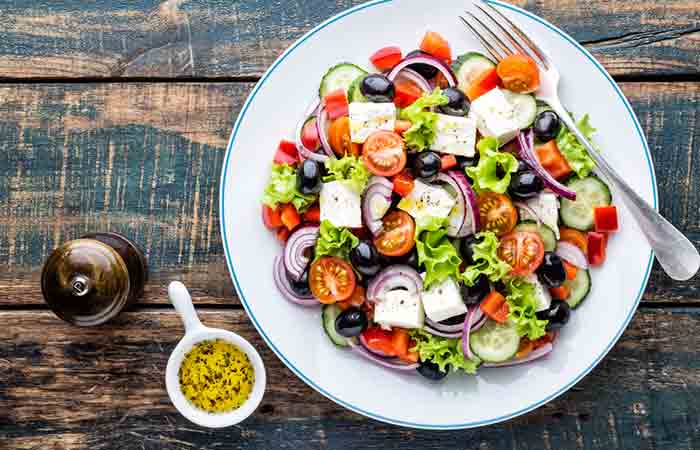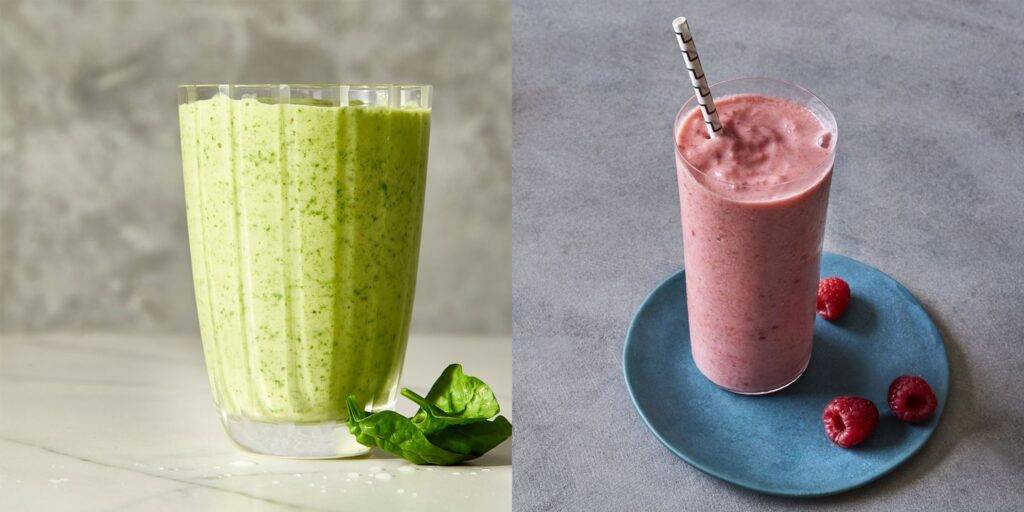With the increasing popularity of low-carb diets, many people who have been following a gluten-free diet for their health discover that they can achieve the same benefits with a ketogenic diet. When it comes to giving up grains on a keto diet, this article is here to help you navigate through some common challenges and dispel myths about cutting out bread.
The Benefits of a Low-Carb Diet
When it comes to giving up grains on a keto diet, this is the hardest part. Grains are high in carbs and can quickly become a major Source of Sugar for the body. However, there are plenty of benefits to be gained by cutting out grains on a keto diet. Here are just five:
- Increased Energy and Stamina: When you eliminate grains from your diet, you’re likely to experience increased energy and stamina. This is because grains are known to spike blood sugar levels, which can cause feelings of fatigue and lack of focus. On a keto diet, you’ll be able to stay active and motivated without feeling drained or lethargic.
- Improved Mental clarity: When you’re not eating grains, your body is free to focus on other important tasks like repairing cells and producing new brain cells. This process is known as “brain fuel metabolism.” As your brain runs more efficiently, you’ll experience improved mental clarity and overall cognitive function.
- Reduced cravings for carbs: One of the biggest benefits of eliminating grains from your diet is reducing cravings for carbs. When the body is deprived of its main source of carbohydrates, it will start
Why it’s So Hard to Give Up Grains
When it comes to giving up grains on a keto diet, this is the hardest part. Grains are a major source of carbohydrates and are necessary for many people on this type of diet. However, grains can also cause issues for people on keto, including weight gain, blood sugar problems, and more. Here are some tips on making the switch to a grain-free keto diet without too much difficulty.
Tips for Successful Transition
When it comes to giving up grains on a keto diet, this is the hardest part. Many people find that they have to completely remove all grains from their diet to see significant weight loss and improvements in health. However, there are ways to transition gradually into a grain-free lifestyle while still enjoying the benefits of a keto diet. Here are four tips for success:
- Start by eliminating whole grains from your diet for a week or two. This will help you get used to eliminating all grains from your diet and see any positive changes in your health and weight loss.
- Add some low-carbohydrate vegetables to your meals instead of grains. Veggies can substitute bread, pasta, and other grain-based foods. Try including cauliflower rice, zucchini noodles, or Bok choy stir-fries in your meals.
- Use supplements to help you transition into a grain-free lifestyle. Some keto diet supplements contain prebiotic fibers that can help you transition into a grain-free lifestyle easier. Other supplements like MCT oil can provide additional fuel for your keto diet and help you lose weight fast.
What Keto Food Substitutes Do You Need?
If you’re following a keto diet, it can be hard to give up grains. But, there are plenty of keto food substitutes that you can use in their place. Here are four substitutes for grains on the keto diet:
- Tapioca flour: tapioca flour is a great option for replacing wheat flour in recipes. It’s low-carb and gluten-free, working well in many keto recipes. Just be sure to use low-carb tapioca flour if you’re looking to keep your net carbs low.
- Nettleseed oil: nettle oil is a great replacement for vegetable oils like olive oil on the keto diet. It’s high in essential fatty acids and has anti-inflammatory properties, making it a good choice. Just be sure to use a nettle oil that’s certified organic since some synthetic oils may not be safe for keto diets.
- Coconut amigos: coconut aminos are a great substitute for soy sauce or tamari on the keto diet. They’re soy-free and gluten-free, so they’re perfect for those with dietary restrictions. Just make
Conclusion
Giving up grains on a ketogenic diet can be hard, but it is worth it in the long run. You will lose weight and improve your health, but you’ll also reduce your risk of developing chronic diseases such as heart disease and type II diabetes. So if you’re struggling to switch to a keto diet, don’t worry — there are plenty of resources available to help guide you through this difficult process. Remember that it takes time and patience to achieve lasting results, so don’t give up too soon!


